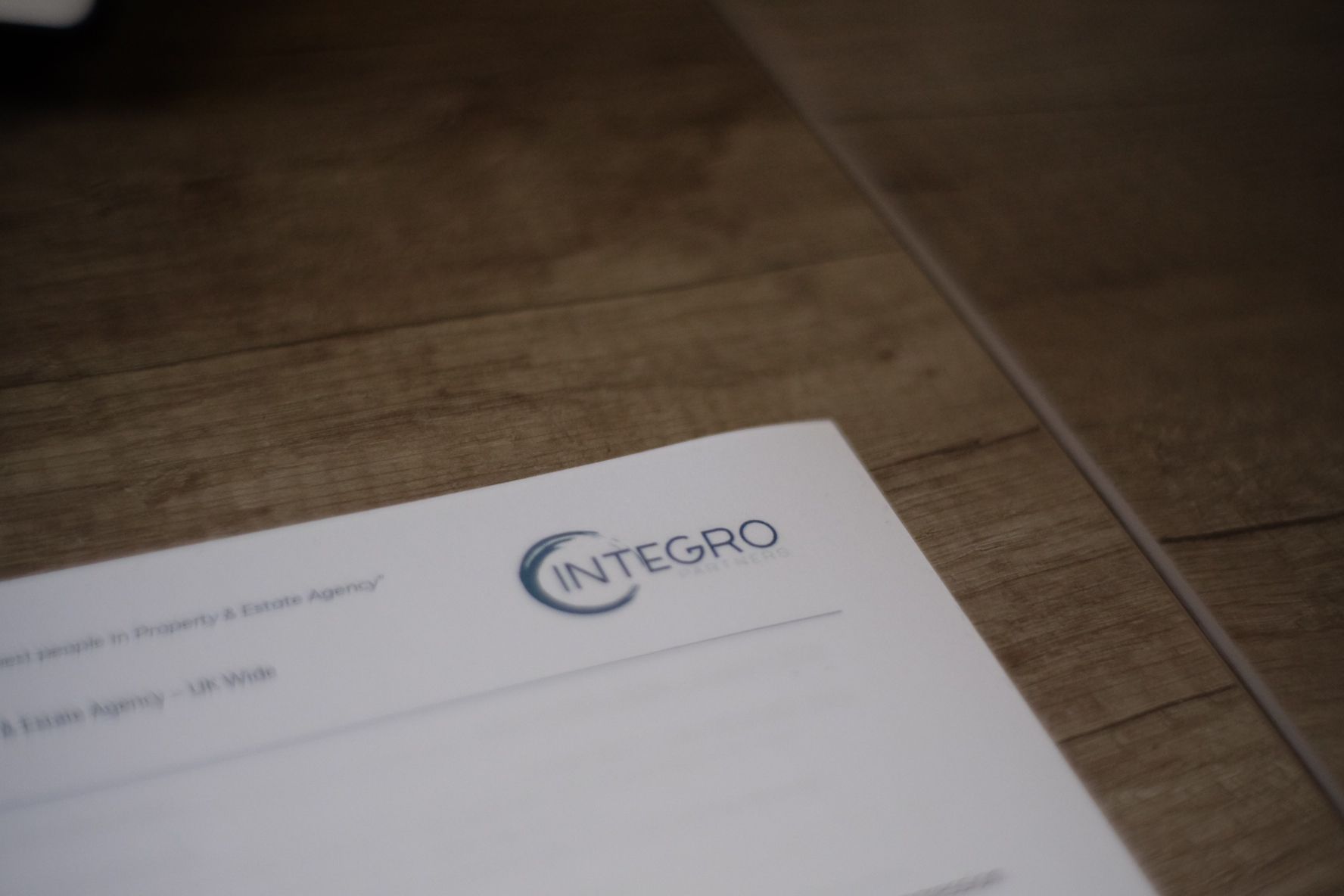Meet The Team
Meet the team of financial recruitment specialists who combine industry insight, passion, and a personal approach to help your business thrive.
Are CVs Needed Anymore
19 Sept, 20226 minutesAre CVs Need Anymore?When opening this blog, I don’t think you would expect to read about th...

Are CVs Need Anymore?
When opening this blog, I don’t think you would expect to read about the famous inventor and painter Leonardo Da Vinci, but one of his very first inventions was the CV.
In 1482 Da Vinci creates the first CV in search of work, he is alleged to have written a letter to the Duke of Milan detailing his skills and offering his services in designing architecture for the grand city of Milan.
Even the great Da Vinci had to spend hours looking at a piece of paper wondering what the heck to write to impress his future employer, so next time you are updating your CV think even the greatest minds in the world have had to go through this to on their journey to greatness.
Now we come to the modern day where the question is about whether the professionals of today even need a CV.
This feels almost like a circumstance of the current job market where there are more jobs than people unemployed so there is a skill shortage in a lot of industries currently. Having a CV was a way to showcase your skills and experience when applying for a role this was mainly due to there being a vast number of people applying for that same role. Being able to stand out from the crowd is key when submitting CVs, you could go the route of being descriptive with your experience and offering a good insight to future employers about what you are capable of. Or you could have a CV that stands out with a creative spark inserting some colour and design to get yourself noticed from the rest of the boring plain CVs before.
The CVs from starting in your job search will always be a generic word document detailing how you are a “hard worker” and "able to work individually or as part of a team" whilst showing off all the extra curriculum activities you took part in trying to suggest how you go the “extra mile”. This is all very good showing that you can formulate and put effort into a CV, but the hiring manager will realistically see the same CV 100 times over.
The modern-day graduate and professional changing career paths especially in a more creative sector will look to produce a portfolio this can take many forms. Whether it be from showcasing a portfolio of photography work or a senior hire presenting stats from their previous role to a hiring committee.
The use of social networking sites like LinkedIn is a great tool now versus the CV as this way you can immediately reach hiring managers you are browsing the site and come across your profile to see your experience of work detailed. With LinkedIn, you have the opportunity to showcase your skills and abilities in many forms, whether it is in a creative sense or even presenting your wins and goals to broader audiences.
Some great examples of excellent alternate CVs/Portfolios have been posted on LinkedIn, from videographers doing over-the-top videos of themselves showcasing their abilities, to journalists creating their CVs designed around the company they would like to work for. When creating a CV there are no boundaries on creativity, you can create a CV around the area you want to work in.
It is a common saying to create your CV and Cover letter around the job you are applying for, but now with the market how it is, you might be able to create a simple template that can cover most job roles. It is not a good habit to have but it can be hard to motivate yourself to constantly tweak a CV and application for each job you go for, the reverse could be if you are happy to do this then maybe you are not presenting your true self.
The need for people to not want to use a CV anymore could be down to the fact that a lot of people who change jobs now have not been active on the market but are only passively looking, so this is where the recruiter comes in. They may find this person’s profile on LinkedIn where their experience is listed up to date. Then that is how people are getting presented with new job roles, the recruiter will create a standard CV document that is sent to clients, so here the candidate has not been directly involved with the creation of the CV.
The process of recruitment is probably due to a rethink in its format as for hiring managers and companies it is a very standard format of post job – receive applications – review applications – interview candidates – hire a suitable candidate.
There are companies (predominately sales) that offer recruitment days for selected people to come to an “open day” for potential candidates to come in and perform tasks to see if the environment is good for them.
The CV has changed and evolved a lot from its origins, the word for it started from the Latin, “Curriculum Vitae” meaning, “course of life”. Then onto its more American version the “resume” here is where the standard format of listing experience and skills came into fashion. Now here we are in the modern day where a portfolio or networking profile is the method to getting yourself noticed for a new job role has now adopted.
The CV may be dying out, but it was created by a great inventor and inventions are always created to be adapted and made better, the CV is no different we have evolved it to the modern ways of the world, we just might be at the point where a word document is no longer anymore when searching for a new job.



